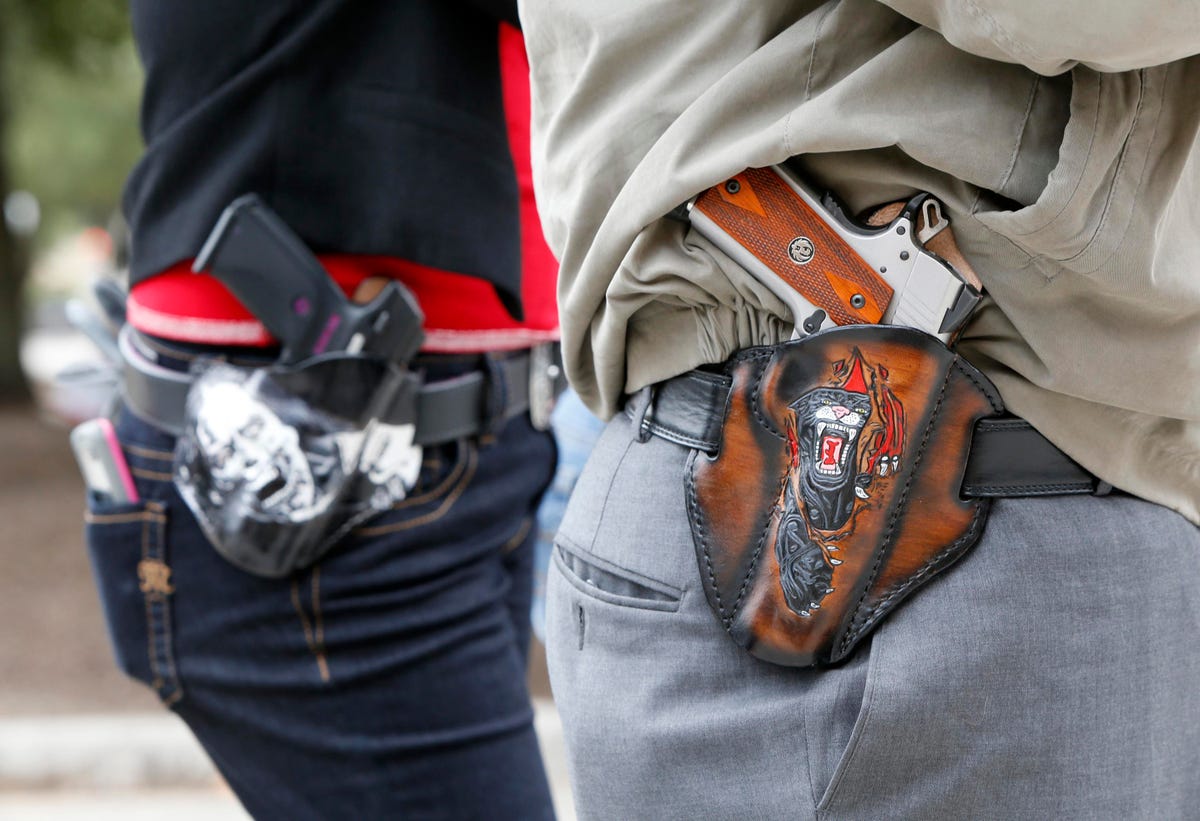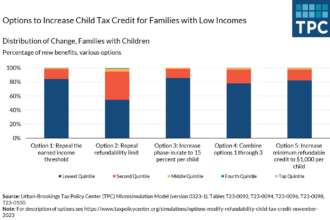The United States has a long and complex history with guns dating all the way back to colonial times. There is continuous debate surrounding the rights to gun ownership and what regulations should or should not be implemented. Ratified in 1791, The Second Amendment to the United States Constitution, guarantees the right to keep and bear arms. While gun laws vary by state Florida has a long history of relatively relaxed gun regulations.
On Monday April 3, 2023, Florida Governor Ron DeSantis signed House Bill 543 into law. This bill, strengthening the second amendment, eliminates the requirement that an individual obtain a permit to carry a concealed firearm in Florida. Beginning July 1, 2023 permitless concealed carry for lawfully owned weapons will become legal.
It is noteworthy that Florida’s concealed weapons permit program has been successful and well respected. The last time we knew, no person who had ever received a concealed weapons carry permit had ever been convicted of a crime relating to the use of weapons. The permit was fairly easy to receive – it consisted of roughly four hours of classroom time, firearm instruction time, and passing a reasonable test. The vast majority of the people who have taken the course have said that it was more than worthwhile. It is unfortunate that fewer people will take the course now and more people carrying concealed guns will have no training whatsoever.
Florida has tipped the scale.
Following the bill’s passage Florida joins Alabama, Alaska, Arizona, Arkansas, Georgia, Idaho, Indiana, Iowa, Kansa, Kentucky, Maine, Mississippi, Missouri, Montana, New Hampshire, North Dakota, Ohio, Oklahoma, South Dakota, Tennessee, Texas, Utah, Vermont, West Virginia, and Wyoming as the 26th state to enact a permitless concealed carry law. With Florida’s new bill a majority of states now have a permitless concealed carry law.
What Was The Law Before?
Prior to the new permitless carry law, to carry a concealed gun in Florida, one needed a concealed carry permit or the firearm had to be in a locked container. Concealed refers to the firearm being obscured from the sight of others. With a concealed carry permit this may include keeping the gun under ones clothing, or without a permit keeping the gun in a locked box, locked filing cabinet, or car glove compartment. Failure to comply with the concealed carry law was considered a breach of peace. Depending on the weapon, the punishment for permitless concealed carry included a potential first degree misdemeanor or third degree felony charge. If convicted one could face fines up to $5,000 and up to five years imprisonment. With the passage of the new law, compliance with the present restrictions for those not holding a concealed carry permit, will no longer be required and in turn the penalties will no longer be applicable.
What Does Permitless Carry allow?
Permitless carry does not equal open carry. The law only allows permitless carry of concealed firearms. This right does not enable someone to openly carry a gun in public.
Additionally, the permitless concealed carry law only extends to individuals who meet the present criteria for concealed carry including:
1. Being a United States citizen;
2. Being at least 21 years of age;
3. And having no disqualifying felony convictions, no conviction for a crime relating to violence or drug abuse, and no misdemeanor charges for domestic violence.
Factors such as a history of drug or alcohol abuse, commitment to a mental institution, or dishonorable military discharge may also be reasons for concealed carry ineligibility.
However, the prior requirements including completion of an approved firearm training course, and demonstration of firearm competency will no longer be necessary.
Does the New Law Alter Firearm Purchases?
There will be no change as to who can and cannot purchase a gun. No permit or training is required when purchasing a gun. Additionally, the current federal and state laws that require a background check for firearm purchases still apply. The difference is that now, following a firearm purchase, the additional background check and training once needed to obtain a concealed carry permit will cease to exist.
Where can you and can’t you go with a gun?
Florida has a number of restrictions on where one can and cannot carry a lawfully owned gun. These places include but are not limited to:
1. Any police, sheriff, or highway patrol station
2. Any courthouse, courtroom, or polling place
3. Any school or college event that is unrelated to firearms
4. Any school administrative building, elementary school, secondary school, college, or university facility
5. Any establishment with the main purpose of serving alcohol
6. Any place where federal law prohibits carrying a firearm
With the implementation of the permitless concealed carry law the present restrictions, barring the ability to carry a firearm in certain places, will remain unchanged.
What about school zones?
The Federal Gun Free School Zones Act prohibits possessing a firearm within 1,000 feet of a school. There are, however, exceptions to this prohibition. These exceptions include:
1. Having an unloaded, locked, firearm in a container or secured to a vehicle rack.
2. Possessing a concealed carry permit from the state where the school is located. This means that a Florida concealed carry permit holder would be allowed to possess a gun within 1,000 feet of a school in Florida but not another state.
3. Having a gun on private property. This includes your home, should it fall within 1,000 feet of a school.
The new Florida law may present challenges, particularly while driving around schools. There is currently an exception to the Federal Gun Free School Zone Act for those that have concealed carry permits. However, as Florida disposes of the conceal carry permit requirement, it may come into question how the new law will coincide with the Federal Gun Free School Zone Act.
Following the enactment of the new law, people will still have the option to obtain concealed carry permits in Florida. While one would need to go through the previously required training and application to obtain this permit, receiving the permit may present certain advantages. By obtaining a conceal carry permit one can ensure that they are not in violation with the Federal Gun Free School Zone Act should they pass within 1,000 feet of a school. Additionally, other states often have concealed weapons license reciprocity with Florida, allowing those with a Florida concealed carry permit to use that permit in their state. While a concealed carry permit will soon no longer be required in Florida, the advantages that one can still afford are important to consider.
What does the future hold?
The Bill has been under attack from those on both ends of the gun control spectrum. Proponents of heightened gun control express fears, stating that the new law is dangerous and will cause more gun related injuries and fatalities. On April 4, 2023, the day after Governor DeSantis signed the bill into law, a Florida college student accidently shot himself in the thigh while his firearm was tucked into his waistband. The student, despite having a concealed carry permit meaning he was trained in gun safety, remains in critical condition as a result of the injury. With the lifting of the concealed carry permit requirement and in turn the doing away with safety training provisions, the question may be asked; are more of these tragedies soon to follow? On the other end, many advocates of the law argue that it doesn’t stretch far enough. They express that permitless concealed carry is simply a step in the right direction towards their ultimate goal of legalizing open carry. Only time will tell where we will ultimately end up, but for now, come July 1, 2023, a permit will no longer be required for the concealed carry of firearms in Florida.
A Special thank you to Milan Boer with this hard work on this article.
Read the full article here









